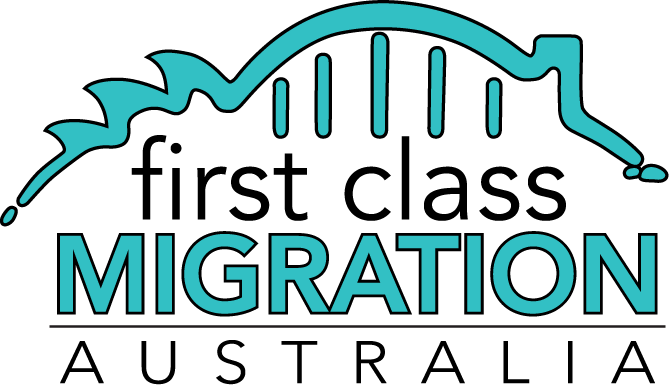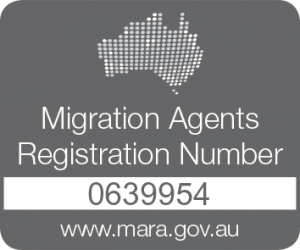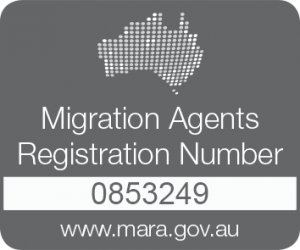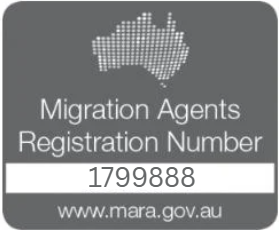Family Violence Provisions for Skilled Visas & Health Criteria Update for Minors
Family Violence Provisions for Skilled Visas & Health Criteria Update for Minors
Family Violence Provisions for Skilled Visas & Health Criteria Update for Minors
The Migration Amendment has introduced significant updates to protect victims of family violence in skilled visa applications, and provide minor visa applicants fair and equal opportunity for settlement in Australia, without allowing a health condition or disability to impose an unnecessary barrier.
Family Violence Provisions for Skilled Visas
The Migration Amendment (Family Violence Provisions for Skilled Visa Applications) Regulations 2024 introduces family violence protections for the secondary applicants in seven permanent Skilled Visa subclasses. These changes apply to the following visa subclasses:
- Employer Nomination Scheme (subclass 186)
- Regional Sponsored Migration (subclass 187)
- Skilled – Independent (subclass 189)
- Skilled – Nominated (subclass 190)
- Permanent Residence (Skilled Regional) (subclass 191)
- Global Talent (subclass 858)
- Skilled – Regional (subclass 887)
These amendments empower secondary applicants (e.g., spouses or partners of the primary applicant) to secure their visa, even if their relationship with the primary applicant has ended due to family violence. This is a significant development, as it provides a path to safety and security for those who have suffered abuse.
Key Provisions
- Secondary applicants can still be granted their visa even if their relationship with the primary applicant ends due to family violence.
- Eligibility requires that family violence was experienced by the secondary applicant, a family member, or dependent child.
- The primary applicant’s visa must either be granted or refused on grounds related to family violence or general conduct (such as character issues under section 50 or PIC 4001/4020).
- For subclass 186 and 187 visas, secondary applicants relying on family violence provisions do not need to be included in the primary applicant’s nomination.
- Secondary applicants whose visas are refused due to the primary applicant’s refusal may seek a fee-free review. If refused for other reasons, standard review fees apply.
- A waiver on the second visa application charge (VAC) installment applies if family violence provisions are met and the applicant cannot demonstrate functional English.
The instrument also adjusts the “one fails, all fail” criteria, requiring all applicants to meet public interest and special return criteria, regardless of family unit status at the time of decision.
These regulations took effect on 15 October 2024, covering applications made before or after this date.
This amendment is a significant shift in supporting those who have faced violence, ensuring they can continue their journey in Australia without being tied to a harmful relationship. It provides an essential lifeline for many who may have felt trapped by their visa status.
If you or someone you know is affected by family violence, there are resources and services available to provide support. Please don’t hesitate to reach out:
- 1800RESPECT: 1800 737 732
- Lifeline: 13 11 14
- Kids Help Line: 1800 55 1800
- MensLine Australia: 1300 789 978
- Men’s Referral Service: 1300 766 491
Health Criteria Changes for Minor Visa Applicants
Additionally, the Migration Amendment (Public Interest Criteria 4005 and 4007) Regulations 2024 introduces changes to health criteria for minor visa applicants born and residing in Australia. The amendment ultimately ensures that such minors with a health condition and/or disability are no longer disadvantaged in their visa grant process solely due to that health condition or disability. This is to ensure fair and equal opportunity for settlement in Australia, providing that the health of young applicants does not become an unnecessary barrier. These applicants are no longer required to prove they are free from conditions that would impose significant costs or affect access to healthcare.
The Amendment Regulations do not affect requirements all other minors with a disability or health condition must meet. This Amendment takes effect from 16 October 2024.
How We Can Help
At First Class Migration Australia, we understand that navigating these changes can be overwhelming. Our team of highly experienced migration agents are here to guide you through the evolving migration policies, offering personalised advice to maximize your chances of successful migration. We stay up to date with the latest developments and provide timely advice to ensure you make informed decisions.
Contact Us
If you have any questions on the above article please do not hesitate to contact us.
Email:
Phone: +61 02 9999 6668





